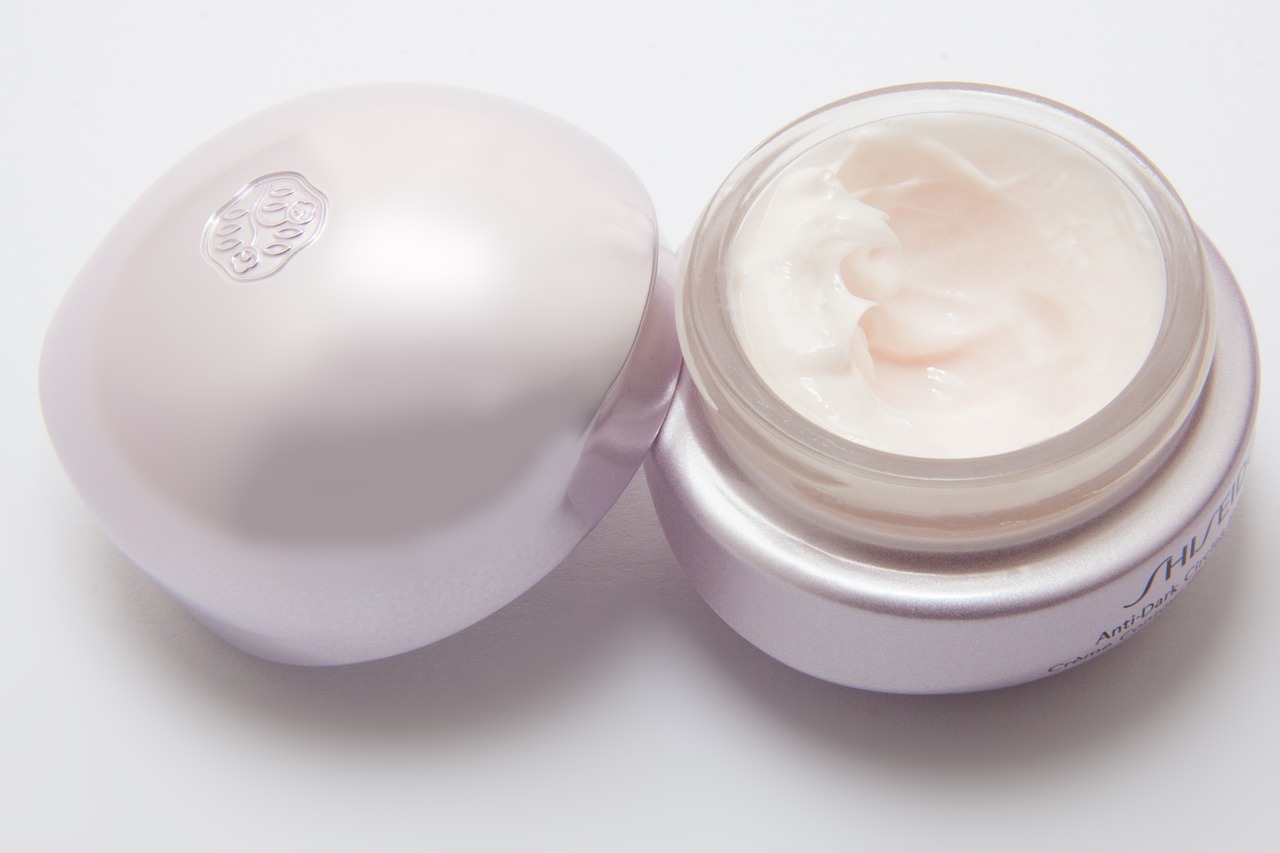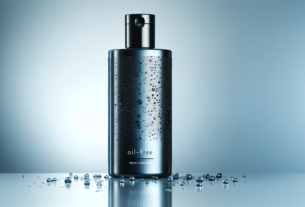Have you ever found yourself wondering why your skin seems to have a mind of its own, changing with the seasons as if it has its own agenda? This seasonal transformation doesn’t have to be confusing or frustrating. Instead, embracing these changes with tailored skincare routines can help you maintain glowing, healthy skin all year round. Let’s embark on this journey through the seasons, uncovering the best skincare practices for each one.
Understanding Your Skin and the Seasons
Your skin, much like a chameleon, adjusts itself with the changing weather. As temperatures rise or fall, your skin’s needs shift dramatically, requiring different types of care to stay balanced and radiant. Understanding these transitions is key to creating a supportive environment for your skin.
The Influence of Weather on Skin
Weather profoundly impacts your skin’s health. While sunny days might tempt you with a radiant glow, they can also lead to dehydration and sun damage. On the other hand, cold, windy days can strip away moisture, leaving your skin dry and sensitive. Recognizing these influences prepares you to take proactive measures, ensuring your skin’s resilience against harsh elements.
Skin Types and Their Responses
Before tuning into seasonal care, understanding your skin type is crucial. Whether you have oily, dry, combination, or sensitive skin, each type reacts differently under varying weather conditions. Oily skin might thrive in humid environments but struggle during dry winters. Conversely, dry skin may need extensive hydration in colder months while flourishing in humidity. Knowing your skin type helps tailor your skincare regimen to suit seasonal demands.
Spring: Refresh and Renew
Spring is a time of renewal, not just for nature, but for your skin as well. As temperatures rise and flowers bloom, it’s an opportunity to rejuvenate your skincare routine.
Spring Cleaning for Your Skin
Spring is synonymous with freshness. This is the ideal time to shed the old and welcome the new. Start with a gentle exfoliation to remove dead skin cells accumulated in winter. Exfoliation revitalizes your skin, providing a smooth canvas for products to work effectively.
Tips for Spring Exfoliation:
- Choose mild exfoliants to avoid irritations.
- Limit exfoliation to 2-3 times a week.
- Follow up with a hydrating moisturizer to lock in moisture.
Lightweight Moisturizers and Sunscreen
Spring brings warmth, but this also means increased sun exposure. Swap heavy creams for lightweight moisturizers to prevent greasy skin. Incorporate a broad-spectrum sunscreen into your morning routine to shield your skin from UV rays.
Daily Routine Example:
| Step | Product Recommendation |
|---|---|
| Cleanser | Gentle foaming cleanser |
| Exfoliant | AHA/BHA exfoliant |
| Serum | Hydrating serum with hyaluronic acid |
| Moisturizer | Gel-based moisturizer |
| Sunscreen | SPF 30+ broad-spectrum sunscreen |
Summer: Protect and Cool
Ah, summer—the season of sun-kissed skin and beach days. While the warm glow may be alluring, it also calls for extra care to prevent damage.
Hydration and Sun Protection
With the sun’s intensity at its peak, hydration and sun protection are paramount. Keep your skin hydrated by drinking plenty of water and applying lightweight, non-greasy moisturizers. Reapply sunscreen every two hours, especially if you’re swimming or sweating.
Managing Oil and Sweat
Hot weather can increase oil production and sweating, leading to clogged pores and breakouts. To counteract this, incorporate oil-free skincare products and opt for mattifying primers or powders. Look for cleansers with salicylic acid to help manage oil levels.
Summer Skincare Tips:
- Use blotting papers to manage midday shine.
- Integrate a cooling facial mist for refreshment.
- Select non-comedogenic makeup to avoid pore blockages.
Adjusting Your Night Routine
Taking care of your skin at night helps repair sun-induced damage. Consider incorporating antioxidants like vitamin C to combat free radicals and using a lightweight, hydrating night cream to replenish moisture levels.
Autumn: Nourish and Prepare
As leaves turn golden and temperatures drop, it’s crucial to help your skin transition smoothly into cooler months.
Revamping Your Skincare Routine
Autumn is the season to start nourishing and preparing your skin for harsher winter conditions. Opt for richer moisturizers and consider adding hydrating serums to prevent moisture loss as humidity levels fall.
The Importance of Serums and Night Creams
Serums become an ally in autumn, as they deliver potent ingredients deep into your skin. Pair them with a thick, emollient night cream to lock in hydration and support your skin’s natural repair process.
Autumn Skincare Routine Example:
| Step | Product Recommendation |
|---|---|
| Cleanser | Cream-based cleanser |
| Toner | Hydrating toner |
| Serum | Antioxidant serum with vitamin E |
| Moisturizer | Cream-based moisturizer |
| Night Cream | Thick, nourishing night cream |
Winter: Protect and Restore
Winter brings a unique set of challenges with biting winds, frigid temperatures, and indoor heating, all of which can sap your skin’s moisture.
Combatting Dryness and Irritation
To counteract winter’s harsh impact, invest in moisturizers containing ceramides and oils, which provide a protective barrier. Humidifiers at home can also maintain moisture levels in the air, reducing skin dehydration.
Winter Skincare Essentials:
- Switch to creamy, non-foaming cleansers to prevent stripping natural oils.
- Use occlusive products like balms or ointments to safeguard against the elements.
- Avoid overly hot showers which can further dry out your skin.
Enhancing Moisture Retention
In winter, your skin craves intense hydration. Layering techniques, such as applying a hydrating toner followed by a serum and moisturizer, will amplify water retention.
Night-time Routine Example:
| Step | Product Recommendation |
|---|---|
| Cleanser | Creamy, hydrating cleanser |
| Toner | Alcohol-free, hydrating toner |
| Serum | Hyaluronic acid serum |
| Moisturizer | Oil-based moisturizer |
| Facial Oil | Jojoba or rosehip oil |
Special Treatments for Winter
For extra care, consider weekly hydrating masks or treatments designed to repair and replenish your skin. Look for ingredients like shea butter, aloe vera, and glycerin to soothe and protect against dryness.
Adapting Habits Across Seasons
Beyond products, adapting your day-to-day habits is equally important. Drinking plenty of water, eating a balanced diet rich in vitamins, and getting adequate sleep all contribute to your skin’s health.
Nutrition for Healthy Skin
Eating a diet rich in antioxidants, healthy fats, and vitamins supports your skin from within. Foods like berries, nuts, avocados, and leafy greens can enhance your skin’s resilience and glow across the seasons.
Importance of Consistency
Consistency in your skincare regimen is vital. By maintaining regular habits and adjusting to seasonal changes, you can prevent common skin issues and enjoy a radiant complexion year-round.
Conclusion
Seasonal changes don’t have to derail your skincare journey. By understanding the unique needs of your skin throughout the year and adapting your routine accordingly, you nurture a healthy, glowing complexion. Embrace these shifts with confidence, and let each season enhance the beauty that is inherently yours.


